Organisations must focus on the mental health and wellbeing of their employees to build resilience in a post-Covid world, according to leading risk professionals.
Arnaud Vaissié, co-founder, chairman and CEO of International SOS, said rising mental health challenges would continue to impact organisations over the next year.
Speaking at PARIMA’s Resilience Week, Vaissié said the threat of new Covid-19 variants and ongoing socio-economic impacts from the pandemic would “continue to fragment the world and pose new threats”, nearly two years into the crisis.
Safeguarding the mental health of the workforce would be a key factor in building business resilience, Vaissié said.
“Mental health has emerged as collateral damage during the pandemic,” he added. “According to our risk outlook for 2021, one in three risk professionals predicted mental health to be a primary productivity disruptor this year.
“Left unmanaged, this could have serious financial and business continuity repercussions, so we need to combine a protective mental health programme with a dynamic programme of wellbeing.”
During a panel discussion on building resilience beyond Covid, Dr Myralini Santhira Thesan, group medical director AIA Group, agreed that mental health and wellbeing should be a major consideration.
“Employers are no longer taking mental concerns lightly and are understanding the importance of being proactive by putting preventative measures in place.”
“Employee wellness was a buzz-phrase which few employees took action over,” she added. “They saw it as an extension of perhaps a gym membership, nothing very in-depth.
“Now, the pandemic has proven that employee wellness is about keeping employees safe and healthy by conducting mental health check-ins, providing resources, and establishing safety measures.”
Dr Thesan cited six key rules for organisations to follow to build resilience in a post-Covid world.
Alongside the focus on mental health, she said making flexibility “a core benefit” would prove beneficial: “Remote work is no longer a trend but a way of life.”
This would require an investment in remote-working and technological capabilities, she said.
“Many [businesses] were ill-equipped to continue operating due to faulty technology and outdated systems. Following this pandemic, employers will be inclined to revisit their current setup and future-proof their infrastructure to prevent a repeat.”
Hygiene would also be a top priority for companies in the coming year, along with strong communication, she added.
Creating a sustainable workplace culture was Dr Thesan’s final tip for risk professionals.
“It’s really up to leaders to influence and reshape the workplace culture to create a viable and sustainable one,” she said.
“The future of the workplace is no longer moulded around what has worked, but instead what will work moving forward… Employers will need to listen and anticipate the needs of their workers, both in-office and remote,” Dr Thesan added.






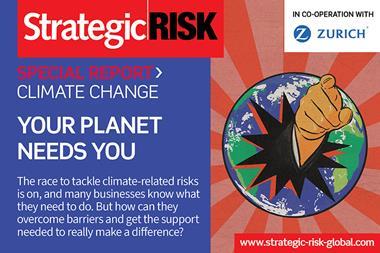




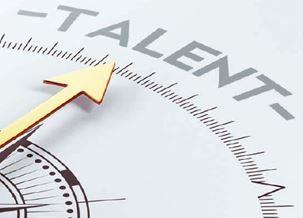
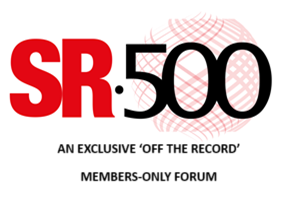
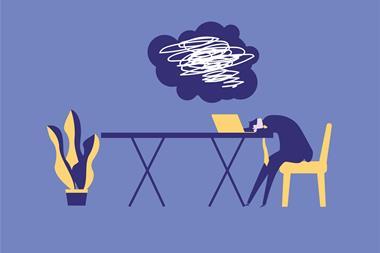
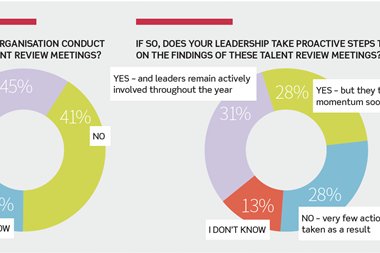

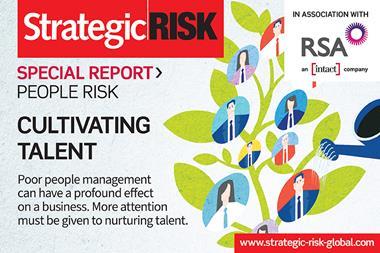



No comments yet